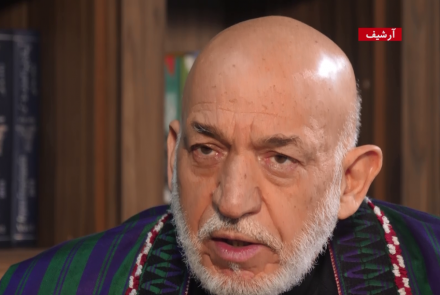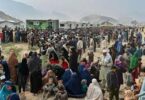The former Afghan President, Hamid Karzai, has recently called for immediate Intra-Afghan Dialogue and emphasized that the international community should not seek to remove the interim Afghan government by force. During an interview with foreign media, Karzai noted that the importance of the Taliban resuming girls’ education could help the Taliban gain legitimacy and international recognition as a representative government of the Afghan nation. According to him, the Taliban administration acknowledges the necessity of dialogue but requires preparation and time to initiate these talks. The Afghans don’t want conflict, collapse or split of the incumbent regime, as they have had enough of that in the past and currently want to build their future.
Inclusiveness in war-torn Afghanistan is crucial for fostering peace, stability, and sustainable development. It involves ensuring the representation and participation of diverse religious and ethnic groups, women, minorities, and marginalized communities in decision-making processes, governance, and societal affairs. Embracing inclusivity can help in building a more cohesive and resilient society, addressing long-held grievances/rivalries, and creating opportunities for all Afghans to contribute toward the country’s progress and prosperity. It’s essential for fostering trust, and unity, and ensuring that all voices are heard and valued in shaping Afghanistan’s destiny through collective efforts and teamwork.
There have been wide-ranging calls for inclusiveness for the Afghan government from across the globe, while this segment was an important condition of the Doha agreement which paved the path for the Taliban rule in the country. Historically, the interim Taliban rulers completely ignored the global aspirations for nation-building in conflict-hit Afghanistan by rigorously pursuing their party’s agenda which gradually worsened the economic and humanitarian crises pushing that country into isolation. No doubt a deviation from the current manifesto and restoration of girls/women’s rights could not only pave the way for global recognition of the Afghan government but will open up new avenues of economic partnerships, and trade collaboration with the rest of the world. Historically, inclusiveness and democracy are the sole solutions to the Afghanistan issue and these two actions, as and when applied, will not only unlock the full potential of political and economic prospects but would lead to greater autonomy and progress in that nation. Otherwise, the unceasing political dogfight and foreign conspiracies will not allow any Afghan government to build a righteous, peaceful, and prosperous future for its nation.







